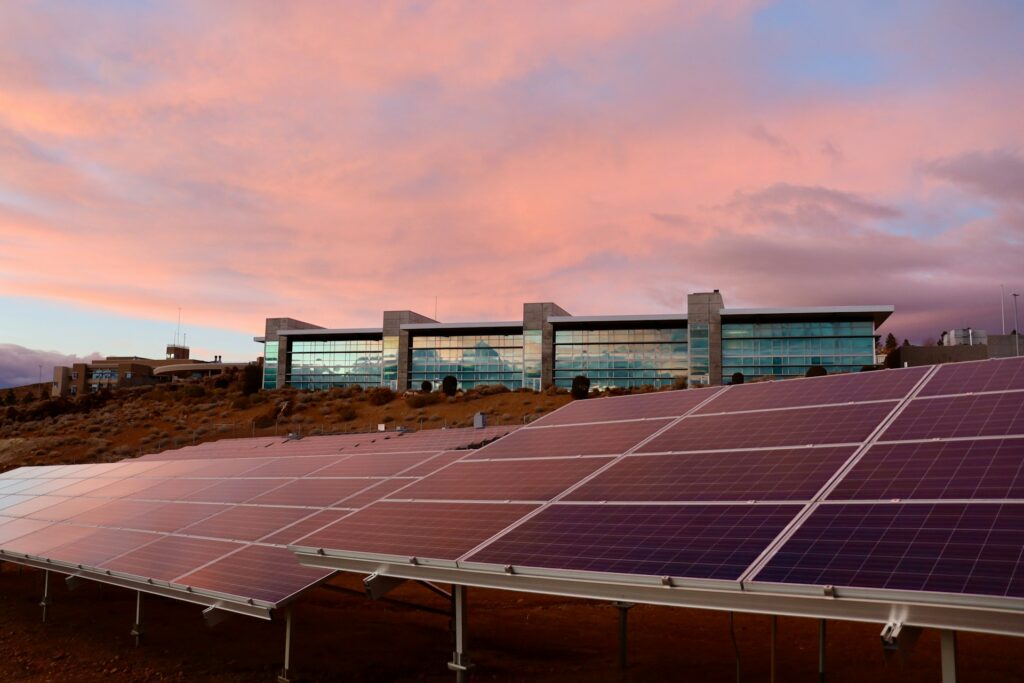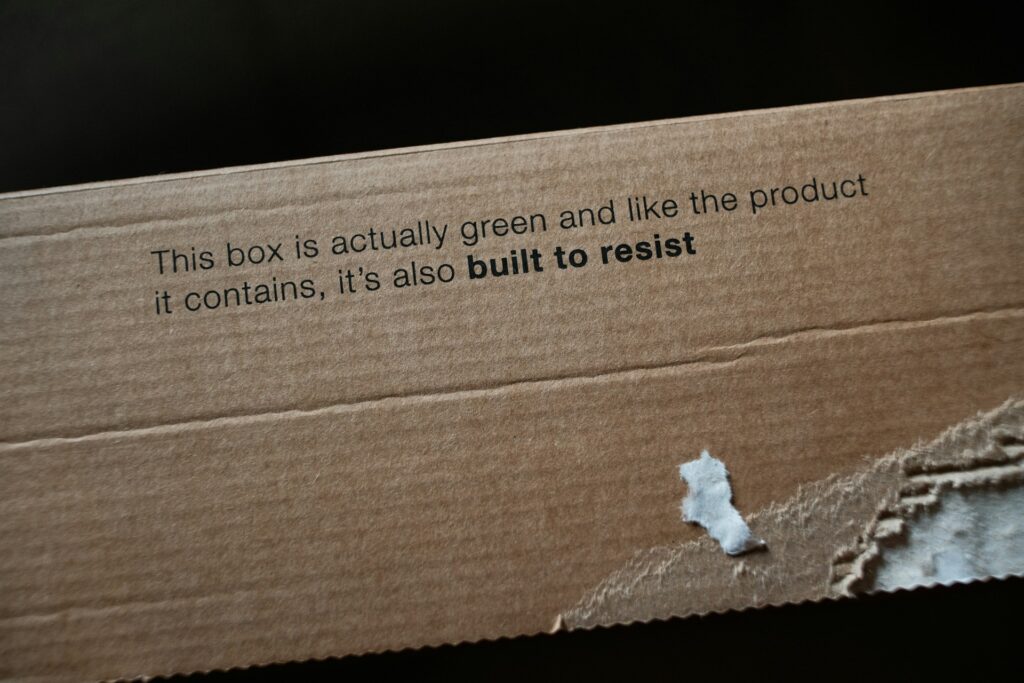
We are reader-supported. When you buy through links on our site, we may earn an affiliate commission.
When the temperatures drop and snow starts falling, you might wonder how solar energy in winter holds up. While solar panels are meant to function year-round, winter weather can impact their efficiency if they’re not well-maintained. With the right strategies, you can ensure your system continues to perform even in the coldest months.
Do Solar Panels Actually Work in the Winter?
Yes, solar panels do work in the winter, even when temperatures drop and daylight hours are shorter. In fact, cold weather can actually improve solar panel efficiency because solar cells perform better in lower temperatures than in extreme heat. As long as sunlight reaches the panels, they will continue to generate electricity.
Snow accumulation can temporarily block sunlight, but because solar panels are typically installed at an angle, snow often slides off on its own. Plus, panels absorb heat, which can help snow melt faster than it would on other surfaces. While solar energy in winter may not be as abundant as in summer, a well-maintained system can still provide reliable power throughout the chilly months.
How to Keep Your Solar Panels In Perfect Condition in Winter
Winter weather can pose challenges for solar energy systems, but with proper care, your panels can continue to operate efficiently. Snow, ice and reduced sunlight may impact performance, but a few simple maintenance steps can help you get the most out of your system. Here’s how to keep your solar panels in top shape during the colder weather.
Keep Panels Clear of Snow and Ice
One of the biggest challenges for solar panels in winter is snow accumulation. A thick layer of snow can block sunlight and reduce energy production. Using a soft-bristled brush or a specialized solar panel snow rake can help you remove snow without damaging the panels. Avoid using hard tools that could scratch the surface.

Optimize Panel Angle for Maximum Sunlight
The angle of the sun is lower during the winter, meaning your panels might not receive as much direct sunlight as they do in summer. Adjusting the tilt of your panels can help maximize sun exposure, improving solar panel efficiency even in cloudy conditions.
Monitor Energy Production Regularly
Shorter days and less intense sunlight can reduce the amount of energy your system generates. Monitoring your energy output through your system’s tracking software will help you identify any significant performance drops. If you notice a sudden decrease, check for snow buildup, dirt or other obstructions.
Ensure Proper Battery Storage
If your solar energy system includes battery storage, extreme cold can reduce the efficiency. Keeping batteries in an insulated and temperature-controlled space can prevent performance issues. Many modern solar batteries can withstand cold temperatures, but it’s still essential to check manufacturer recommendations.
Check for Ice Damage and Wiring Issues
Winter storms, freezing temperatures and ice accumulation can sometimes damage solar panels and wiring. Inspect your system periodically to ensure all components are intact and functioning correctly. If you suspect damage, contact a professional to assess and repair any issues.
How to Keep Your Energy Bills Low In the Winter
Your solar panels will likely produce less energy due to reduced sunlight and shorter days. This means you may rely more on the grid, which could drive up your electricity bills. Additionally, increased heating use and longer nights requiring more indoor lighting can add to your energy costs. However, there are several ways to keep your bills under control while still making the most of your solar energy system.
Use Energy-Efficient Appliances
Switching to energy-efficient appliances is one of the easiest ways to reduce winter energy bills. Energy Star-rated appliances or similar standards use much less energy while providing the same level of performance. For example, using LED bulbs instead of incandescent ones can significantly lower your electricity use.
Similarly, smart thermostats help regulate your home’s temperature efficiently, ensuring that heating systems only run when needed. Small adjustments like these can make a big difference over the winter months when energy consumption tends to be higher.

Time Your Energy Use Wisely
If you have a solar battery storage system, you can store excess energy generated during sunny days to use during peak hours. By doing so, you can avoid purchasing energy from the grid during times when electricity prices are high, typically in the late afternoon and evening.
Many energy providers offer time-of-use rates, meaning the electricity cost fluctuates based on demand. Using stored solar energy during these high-cost periods can reduce your reliance on the grid and help lower your bills.
Improve Home Insulation
Proper insulation is critical during the winter months for keeping warm air inside and cold air out. By sealing drafts around windows and doors, adding extra insulation to your attics or using insulated curtains, you can reduce the amount of energy needed to keep your home warm. A well-insulated home means your heating system doesn’t have to work as hard, which can significantly lower energy consumption and keep heating costs down.
Maximize Natural Light
During winter, when daylight hours are shorter, make the most of natural light to reduce the need for artificial lighting and to warm your home naturally. Open curtains or blinds during the day to let sunlight in and heat up your living space. Not only will this lower your lighting costs, but it can also lessen the burden on your heating system. By maximizing sunlight in this way, you can take full advantage of the solar energy available.
Monitor Your Energy Usage
Tracking your energy consumption is key to understanding where to cut back and improve efficiency. Many homes now have smart meters or energy monitoring systems that give live data on your usage. With this information, you can identify areas where you use more energy than necessary and adjust your habits accordingly. For instance, if you see heating consumes the most energy, you may want to lower the thermostat by a few degrees or wear warmer clothing to keep your bills from rising too much.

So, Should You Still Invest In Solar Panels?
Absolutely! Despite the challenges of solar energy in winter, investing in solar panels is still a smart long-term decision. While winter may bring less sunlight and plenty of snow, solar panels continue to generate electricity, and their efficiency can actually improve in cooler temperatures.
Plus, with proper maintenance and energy-saving strategies, you can maximize their performance year-round. Over time, solar panels can significantly reduce your reliance on the grid and lower your utility bills. If you’re considering solar energy for your home, the benefits far outweigh the seasonal challenges.
The Bottom Line
Maintaining solar energy in winter requires a little extra effort, but it’s worth it to ensure consistent energy production. With proper care, your energy supply can remain reliable and sustainable all season long.







